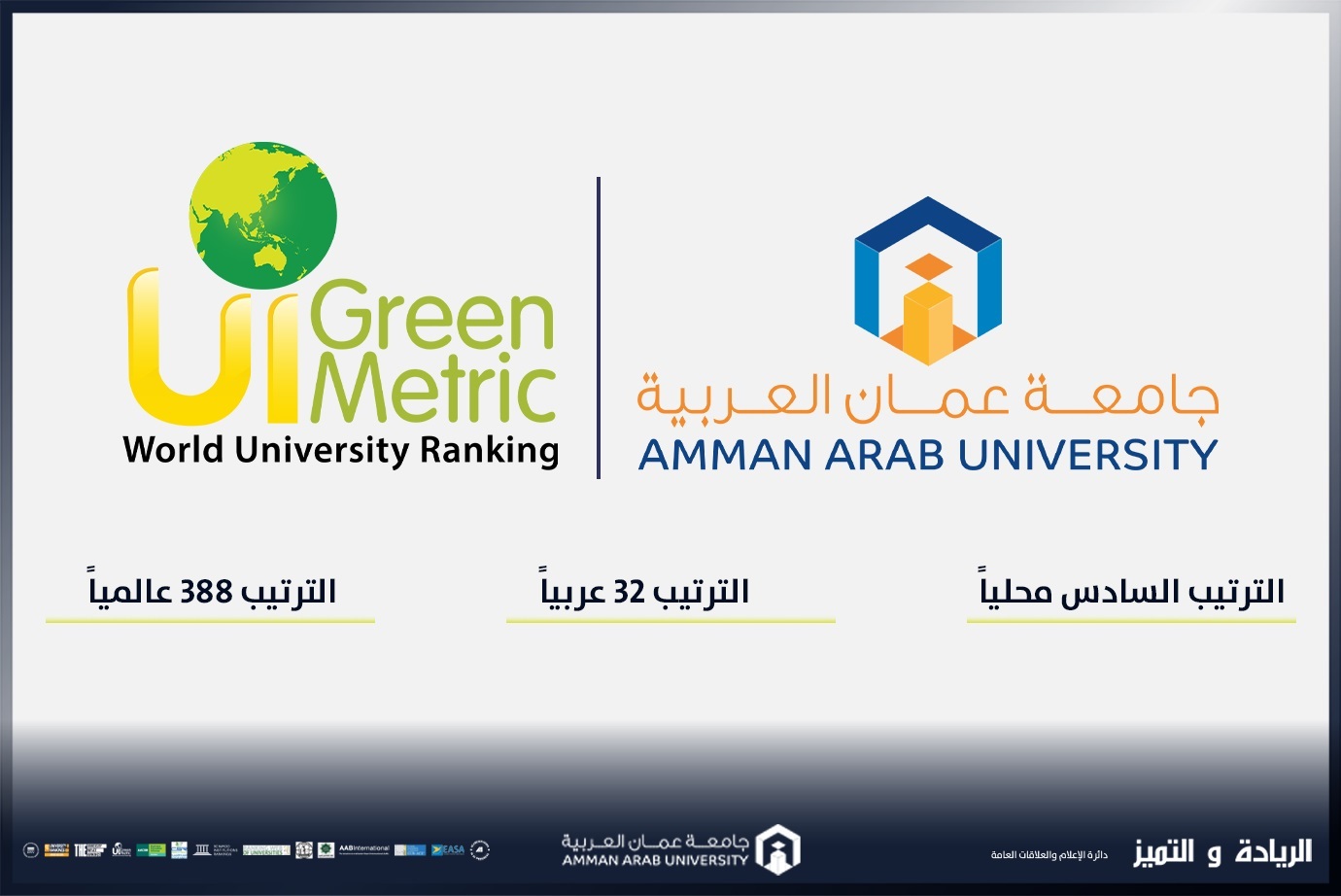Frequency of Academic Programs and Unemployment Rates
By: Prof. Dr. Younes Megdadi
Observers of academic affairs in Jordanian universities notice a noticeable competition in their applications to open new academic programs, and this is an acquired right for universities in light of their academic and strategic vision to meet the needs of the local and regional market for qualified graduates with knowledge, skills and applied, especially in light of the noticeable change in the trends of the labor market towards applied and technical disciplines and others, which became urgent and urgent.
However, despite this, we still suffer from high annual unemployment rates in the large number of graduates and of all degrees and the evidence for this is what the Civil Service Bureau has repeatedly indicated that many specializations have become stagnant the real reason, we believe, is to allow the majority of public and private universities to introduce the same programs, and we are afraid that we will make the same mistake without considering the expected consequences in light of the large number of expected graduates and the limited job opportunities available to them locally and regionally, and therefore it is difficult for everyone to find solutions to get out of the unemployment predicament.
We may all agree with the trend towards the new and modern programs, but they should be in a deliberate and meticulous manner in accordance with medium and long-term strategic plans to meet the needs of the local market in its various sectors, taking into account the required numbers of graduates for the coming period instead of opening the creation process widely for programs bearing the same name and goal or something similar, which consequently leads us to commit the same mistakes that occurred in the past years, which resulted in a large number of unemployed graduates.
The origin of the participatory relationship between education institutions and the labor market and its goal is to provide job opportunities for graduates, given that the recruitment process is the responsibility of all partners to reduce the increasing unemployment rate, which has become the talk and suffering of all. Accordingly, we see that there are many treatments known to those concerned, specialists and experienced, which is to focus on the strategic planning for university education by relying on field studies for the sectors of the labor market in order to determine the number and types of academic programs required, and to establish tight controls and restrictions for the development of new academic programs, and to direct universities towards programs it is characterized by the so-called competitive advantage and not the competition towards similarity in programs, and building bridges of rapprochement between the sectors of the labor market and universities and its needs to enable universities to close the gap between them to supply numbers of graduates within the general absorptive capacity of the local labor market at least, knowing that regional markets have become saturated by virtue of its large number of universities.
We all look responsibly to work on organizing the process of creating and recurring academic programs within a well-thought-out and organized framework within strategic visions, in the interest of everyone as partners to reduce unemployment rates and not to make the same mistake again with the so-called disguised unemployment. We are proud of the presence of academic figures with extensive experience in the Ministry of Higher Education and Scientific Research and its institutions and in our Jordanian universities, all of them with a measure of responsibility and with their aspirations towards building a prosperous future for the university education process and for graduates so that prosperity prevails in its economic, social, personal, and psychological dimensions for the benefit of all and the future that future generations aspire to.







